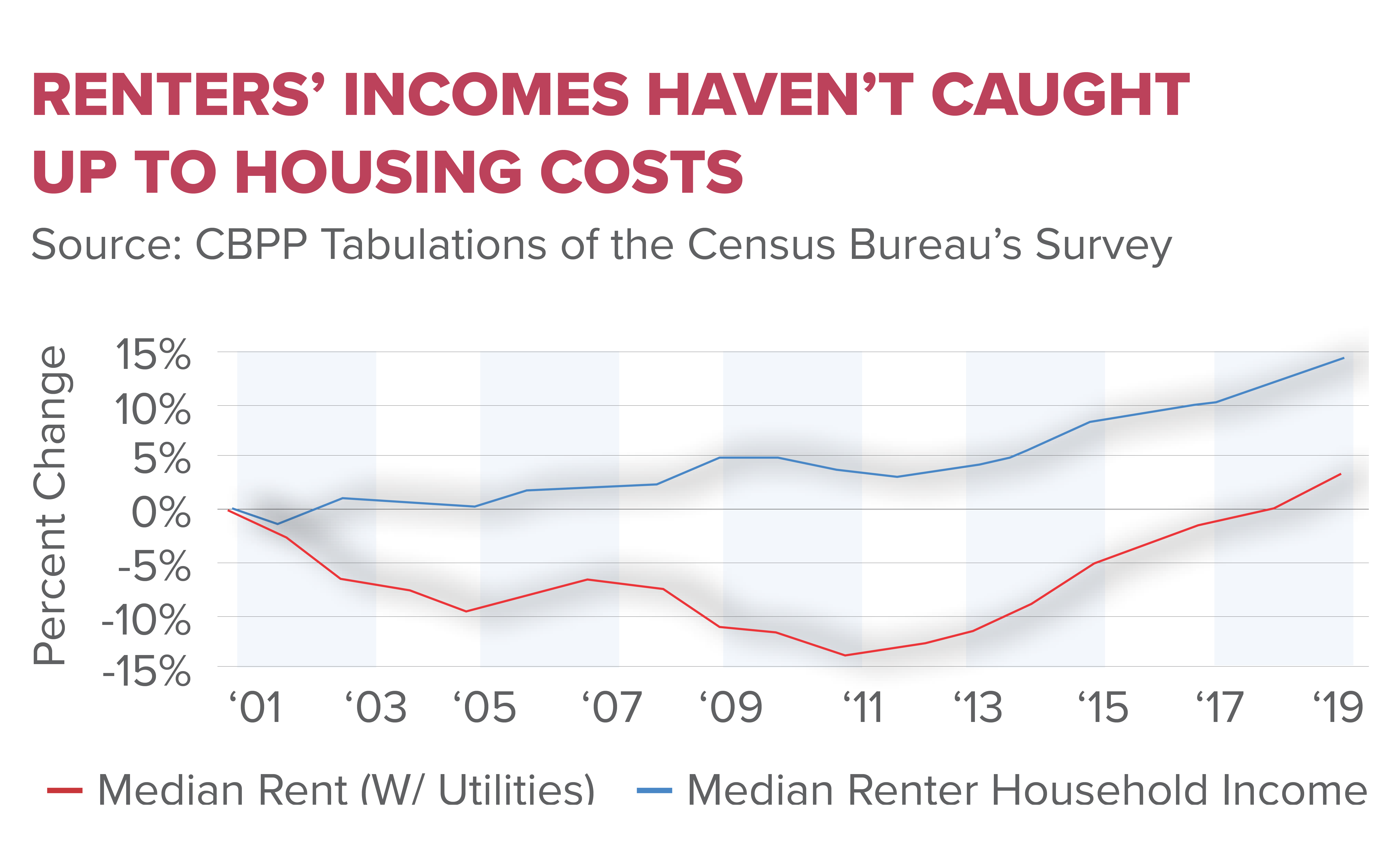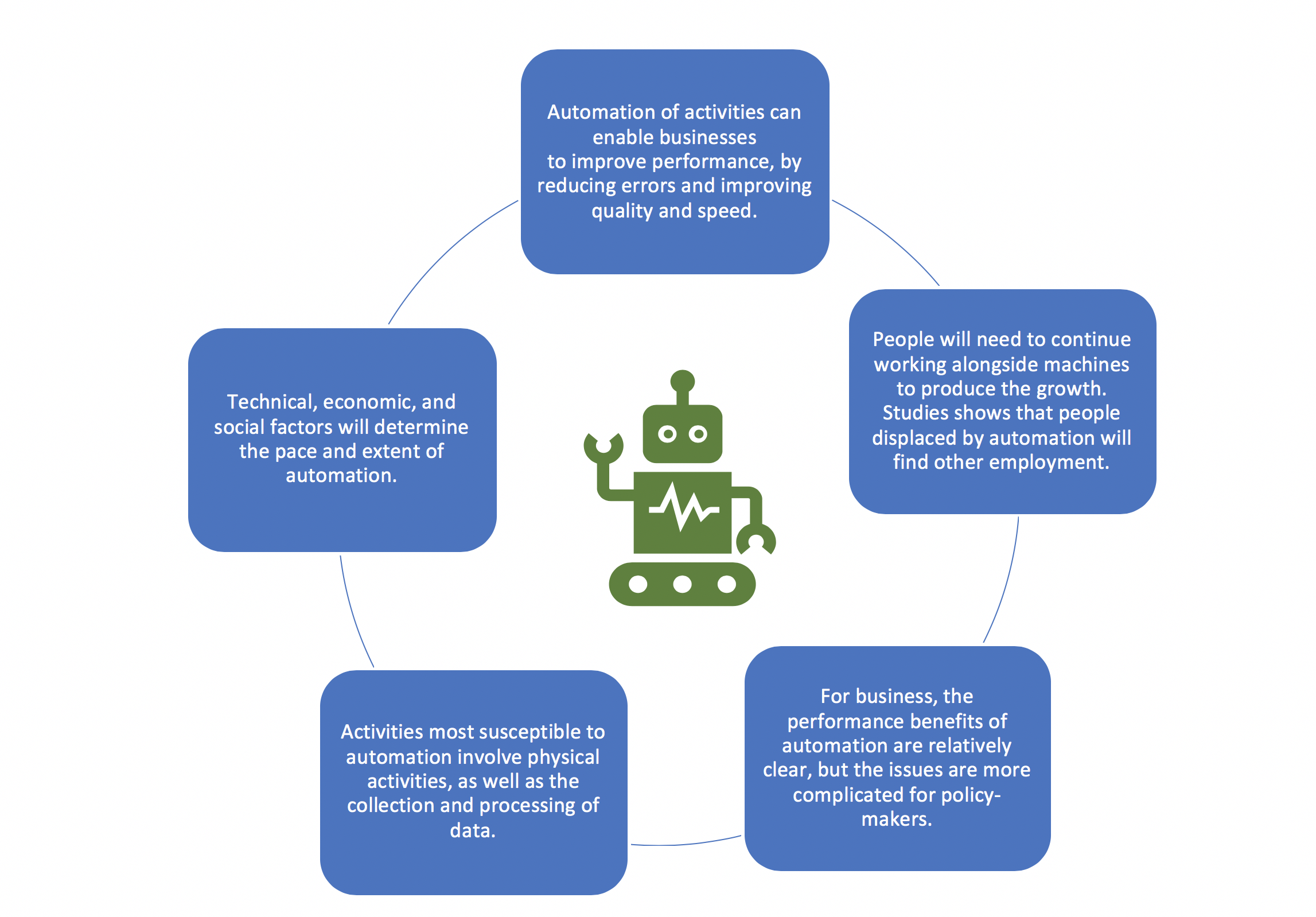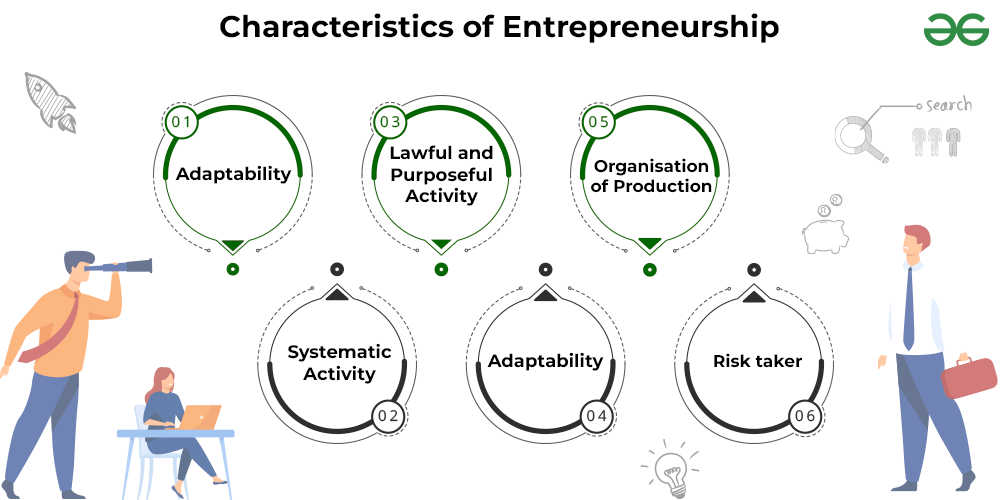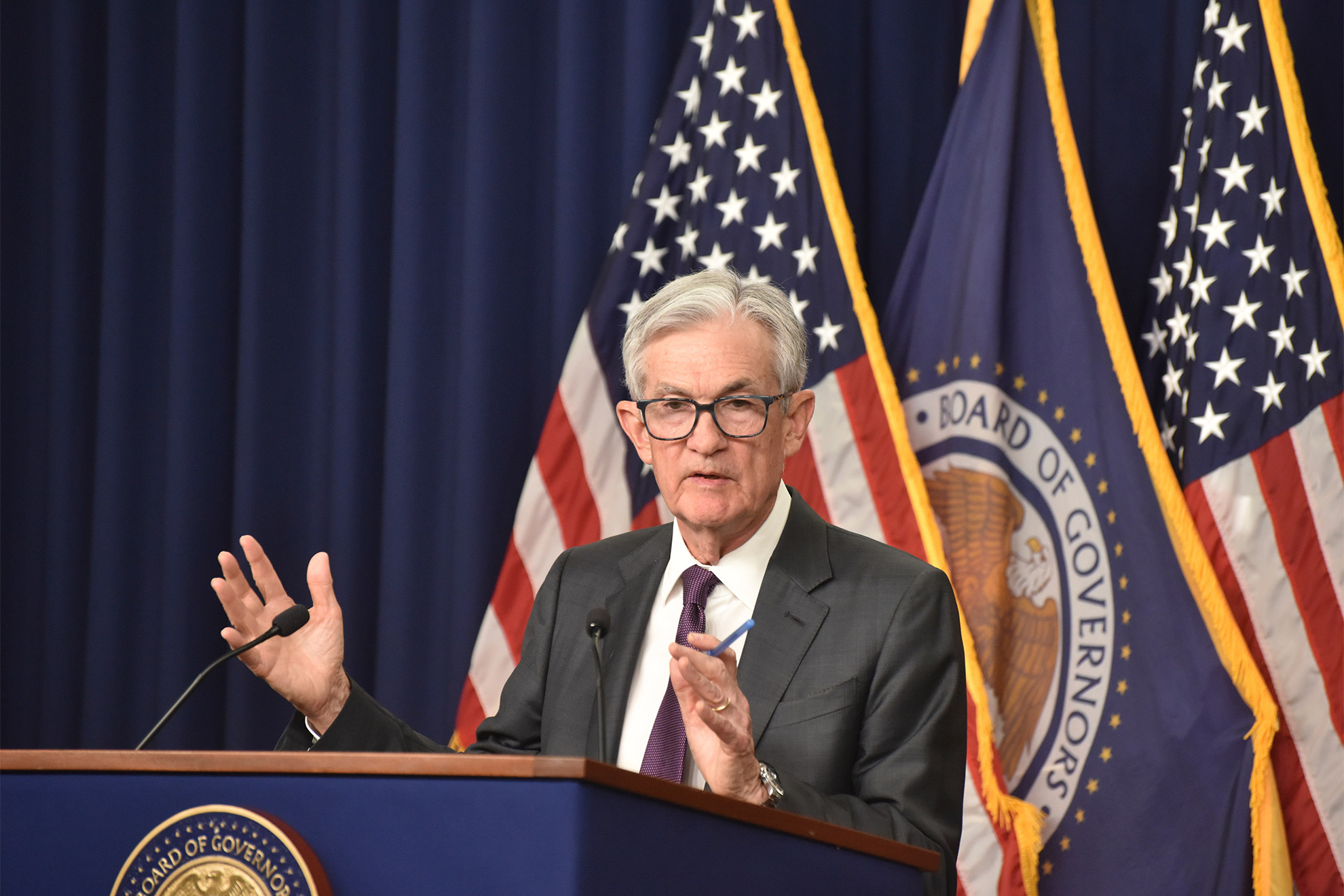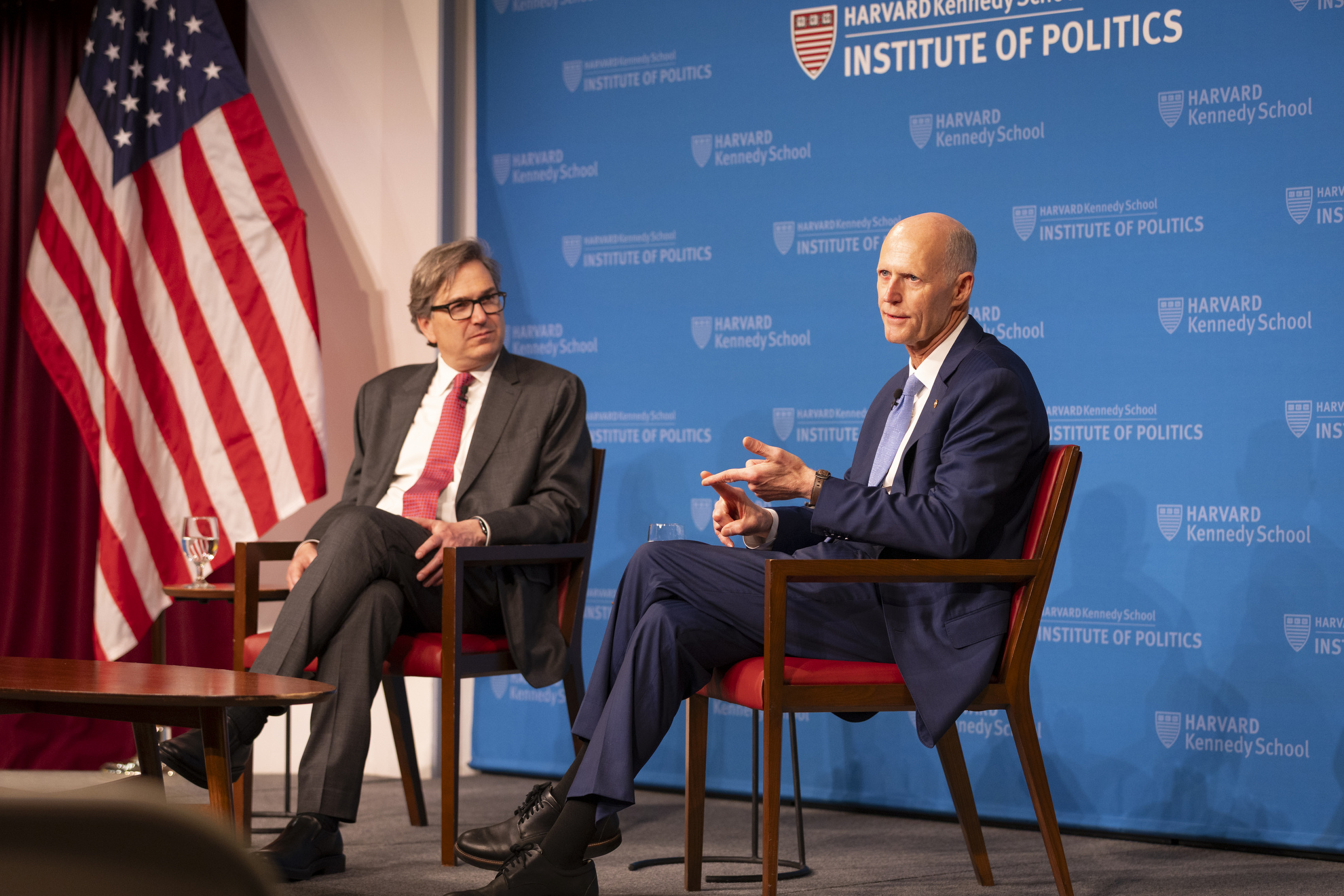The Stefanie Stantcheva award, officially recognized as the John Bates Clark Medal, honors exceptional economists under 40 for their notable contributions to economic research. This prestigious accolade has been awarded to Harvard’s very own Stefanie Stantcheva, celebrated for her groundbreaking insights into tax policy and economic behavior. At the forefront of public finance discussions, Stantcheva’s work reveals how effective tax systems can stimulate innovation and drive economic growth. Her acclaimed research, particularly examining the relationship between taxation and innovation, sheds new light on the implications of tax policy for economic activity. As she continues to lead the charge at the Social Economics Lab, her influence on future generations of economists remains palpable.
The recognition bestowed upon Stefanie Stantcheva, through the esteemed John Bates Clark Medal, highlights her remarkable achievements as a Harvard economist. This award underscores the vital role of tax policy insights in shaping economic theory and practice. Stantcheva’s innovative research connects the dots between taxation, economic behavior, and the promotion of innovative capacities within the economy. By delving into complex topics such as trade, climate change, and social mobility, she has established herself as a leading figure in the profession. The award not only signifies her exceptional contributions but also reflects a broader commitment to understanding the intricate dynamics of economic policy.
Stefanie Stantcheva and the John Bates Clark Medal
Stefanie Stantcheva’s recognition as the recipient of the 2025 John Bates Clark Medal marks a significant milestone in her career as a Harvard economist. This esteemed award, which is presented annually by the American Economic Association, celebrates the contributions of young economists under 40 who have made noteworthy advancements in economic theory and practice. Stantcheva’s innovative research delves deep into tax policy and its implications on innovation and economic behavior, drawing attention to how effectively structured tax systems can influence growth and productivity.
In her acceptance remarks, Stantcheva expressed gratitude for the honor while highlighting the power of a well-designed tax system. She emphasized the dual nature of taxation, underscoring that while it can spur innovation, excessive burdens can stifle economic activities. This sophisticated understanding of tax policy’s role in shaping economic outcomes positions her work as both impactful and timely in a world where policy decisions significantly influence economic landscapes.
Insights into Tax Policy and Economic Behavior
Stefanie Stantcheva’s research offers profound insights into the relationship between tax policy and economic behavior, an area that has significant implications for policymakers. In her collaborative work, notably the paper titled ‘Taxation and Innovation in the 20th Century’, Stantcheva and her co-authors demonstrated that innovation is highly responsive to changes in tax policy. They illustrated that while higher taxes tend to suppress the quantity of innovation produced, the quality remains resilient. These findings provide a critical understanding for governments striving to foster a robust innovation ecosystem through thoughtful tax reforms.
The exploration of such nuanced relationships is crucial, especially in the context of global economic challenges. As countries navigate through shifting economic landscapes influenced by taxation, Stantcheva’s findings reinforce the need for carefully crafted tax policies that incentivize creativity and growth. Her research not only advances academic discourse but also translates into practical strategies for enhancing economic outcomes in various sectors.
The Role of Innovation in Economic Growth
Innovation is a cornerstone of economic development, and Stefanie Stantcheva’s work significantly contributes to our understanding of this dynamic. By analyzing the effects of tax policy on innovation, she highlights how effective tax incentives can lead to a more vibrant economy. Her findings suggest that appropriate tax structures are essential for fostering an environment where new ideas can flourish, contributing to long-term economic resilience. As she notes, the positive correlation between policies designed to support innovation and economic productivity cannot be overlooked.
Moreover, the implications of Stantcheva’s research extend beyond academic theory into practical policy application. As governments seek to enhance their competitive edge globally, understanding the levers of innovation through taxation becomes increasingly critical. Stantcheva emphasizes that to effectively encourage innovation, policymakers must craft tax policies that reflect the complexities of economic behavior, ensuring sustainable growth and development.
Challenges in Taxation and Innovation
While tax policies have the potential to encourage innovation, they can also present significant challenges. Stantcheva’s research outlines how poorly structured tax systems can deter economic activity and innovation. The elasticity of innovation in response to tax changes sheds light on the delicate balance that policymakers must maintain when designing tax legislation. As higher tax burdens can lead to adverse outcomes, it is imperative to continuously evaluate and adjust policies to ensure they serve the intended purpose without stifling creativity.
In navigating these challenges, Stantcheva advocates for a data-driven approach to reforming tax policies that not only considers revenue generation but also the economic incentives created for individuals and businesses. An understanding of public finance and its impact on economic behavior will be critical as nations endeavor to spur innovation amidst global competition and economic transformations.
Stefanie Stantcheva’s Influence on Future Economists
As the Nathaniel Ropes Professor of Political Economy, Stefanie Stantcheva is not only shaping economic policies through her research but also inspiring the next generation of economists. Her commitment to education and mentorship is evident in her establishment of the Social Economics Lab, where she actively engages in research on current issues like climate change, immigration, and social mobility. By fostering a collaborative environment, Stantcheva encourages students and emerging economists to explore complex economic issues critically.
Her passion for teaching is complemented by her groundbreaking research, which serves as a model for those attaining academic excellence in economics. Stantcheva’s approach emphasizes the importance of bridging theoretical knowledge with real-world applications, preparing her students to tackle significant economic challenges while understanding the intricate relationships between policy, behavior, and innovation.
Public Finance: A Key Focus of Stantcheva’s Work
Public finance is a key area of Stefanie Stantcheva’s research, delving into how government policies affect economic performance and societal welfare. Her work examines how tax systems influence individual and business behavior, shedding light on the broader implications of fiscal policy on economic growth. The insights generated from her studies offer valuable perspectives for policymakers aiming to create fair and effective tax structures.
Through her innovative research, Stantcheva emphasizes the significance of understanding public finance as it relates not only to taxation but also to public spending and investment in innovation. This multifaceted view is essential for crafting comprehensive policies that not only achieve fiscal objectives but also enhance economic outcomes for society as a whole.
The Social Economics Lab: Pioneering Research in Economic Behavior
In 2018, Stefanie Stantcheva founded the Social Economics Lab, which focuses on the intersection of economic behavior and policy. This initiative aims to explore various factors influencing economic decisions, such as emotional responses to policies and public perceptions of taxation. By leading this lab, Stantcheva positions herself at the forefront of research that addresses contemporary challenges in economic behavior and nudges towards more effective policy solutions.
The research produced at the Social Economics Lab contributes to a better understanding of how economic policies can be crafted to align better with human behavior. Stantcheva’s emphasis on emotions and mindsets, particularly in relation to zero-sum thinking, provides new avenues for understanding public sentiments towards economic issues. This approach not only enriches academic discourse but also has practical implications for driving effective policy changes.
Celebrating Economic Achievements at Harvard
The celebration of Stefanie Stantcheva’s receipt of the John Bates Clark Medal encapsulates the strength of Harvard’s Economics Department, which has produced numerous influential economists. The gathering, attended by colleagues and students, reflected a community that values innovative thinking and collaboration in tackling pressing economic issues. The recognition of such young talent highlights the ongoing commitment to excellence at Harvard and showcases the department’s dedication to fostering impactful research.
As Stantcheva’s achievements are celebrated, they serve as an inspiration for current and future students who aspire to contribute meaningfully to the field of economics. The environment at Harvard encourages a culture of groundbreaking research, where young economists like Stantcheva can thrive and make lasting impacts on public policy and economic theory.
The Future of Taxation and Economic Innovation
Looking ahead, the intersection of taxation and economic innovation will continue to be a crucial area of focus for economists and policymakers alike. With emerging challenges such as digital economies and global competition, understanding how tax policies can adapt and drive innovation becomes increasingly significant. Stantcheva’s research will play a pivotal role in informing these discussions, providing evidence-based insights that advocate for effective tax systems.
Furthermore, as the world grapples with rapid technological advancement, the call for innovative taxation approaches that support sustainable economic growth will intensify. By leveraging her findings, policy discussions can evolve to create environments fostering not only innovation but also equitable economic opportunities. The implications of Stantcheva’s work extend beyond academia; they resonate with the broader public discourse on the role of taxation in shaping the future of economies.
Frequently Asked Questions
What is the Stefanie Stantcheva Award for the John Bates Clark Medal?
The Stefanie Stantcheva Award is another way to reference her prestigious recognition when awarded the John Bates Clark Medal by the American Economic Association, which honors under-40 economists for significant contributions to the field, particularly in areas like tax policy and economic behavior.
Why was Stefanie Stantcheva awarded the John Bates Clark Medal?
Stefanie Stantcheva received the John Bates Clark Medal for her pioneering insights into tax policy, innovation, and economic behavior, reflecting her significant contributions to public finance and the economic impacts of taxation.
What impact does tax policy have on innovation, according to Stefanie Stantcheva’s research?
Stefanie Stantcheva’s research indicates that tax policy plays a crucial role in innovation; her 2022 study found that higher taxes negatively affect the quantity of innovation, although the quality of inventions remains unaffected, showcasing how tax policy insights are essential for economic growth.
How does Stefanie Stantcheva’s work influence our understanding of economic behavior?
Stefanie Stantcheva’s work influences our understanding of economic behavior by exploring how individuals respond to tax policy changes, emphasizing the design of tax systems in encouraging or discouraging economic activity and innovation.
What is the significance of the John Bates Clark Medal in economics?
The John Bates Clark Medal is a prestigious award given to an under-40 economist whose work has made significant contributions to the field, such as tax policy insights, and it highlights the economic behavior and innovative practices that shape economies.
What are some of the research topics Stefanie Stantcheva focuses on?
Stefanie Stantcheva focuses on research topics including tax policy, innovation, trade, immigration, climate change, and social mobility, all of which inform her understanding of economic behavior and policy effectiveness.
How does the Social Economics Lab relate to Stefanie Stantcheva’s research?
The Social Economics Lab, founded by Stefanie Stantcheva, relates to her research by exploring the intersection of economic policy and human behavior, including the emotional responses to policies and how they affect economic decision-making.
What were Stefanie Stantcheva’s feelings upon receiving the John Bates Clark Medal?
Stefanie Stantcheva expressed that she was incredibly honored and humbled to receive the John Bates Clark Medal, reflecting her gratitude towards her colleagues and the economics community for their support.
| Key Point | Details |
|---|---|
| Award | Stefanie Stantcheva awarded the John Bates Clark Medal for 2025. |
| Significance of the Award | Recognizes leading under-40 economists for significant contributions to the field. |
| Research Focus | Stantcheva’s work focuses on tax policy, innovation, and economic behavior. |
| Key Findings | Her 2022 paper showed high sensitivity of innovation to changes in tax policy. |
| Impact of Tax Policy | Proper tax design encourages innovation, while higher taxes may reduce innovation quantity. |
| Academic Contributions | Founded the Social Economics Lab to study various economic issues and policies. |
| Future Work | Exploring the interplay between emotions and economic policy. |
Summary
The recognition of Stefanie Stantcheva by the John Bates Clark Medal emphasizes her significant contributions to the field of economics. As an influential under-40 economist, her pioneering insights into tax policy and innovation are reshaping our understanding of economic behavior. Stantcheva’s research reveals the critical role of tax systems in fostering or hindering innovation, underscoring the importance of effective policy design. Her continued work at the Social Economics Lab symbolizes a commitment to exploring economic issues at the intersection of human behavior and policy-making. The honor is not only a personal achievement for Stantcheva but also a celebration of the strength and talent within Harvard’s economics department.





